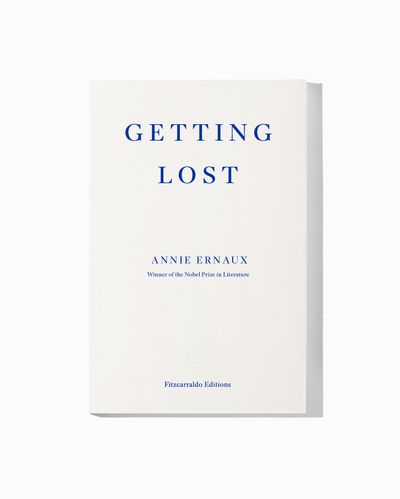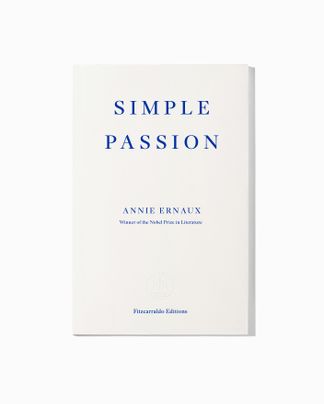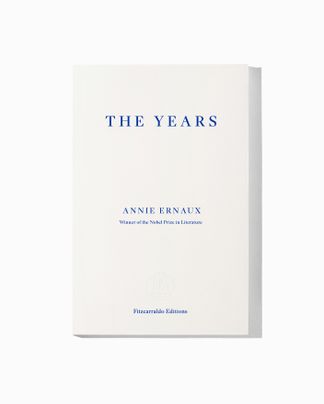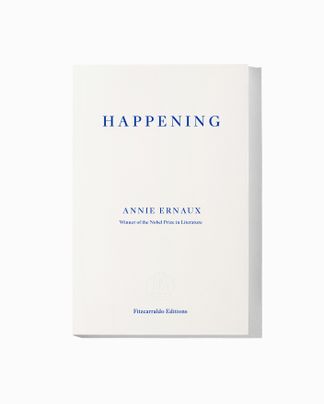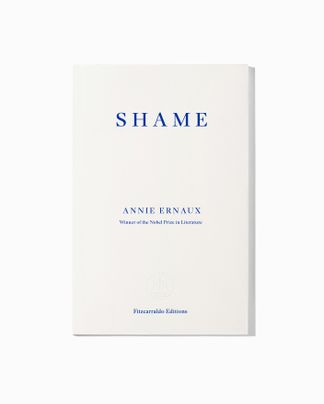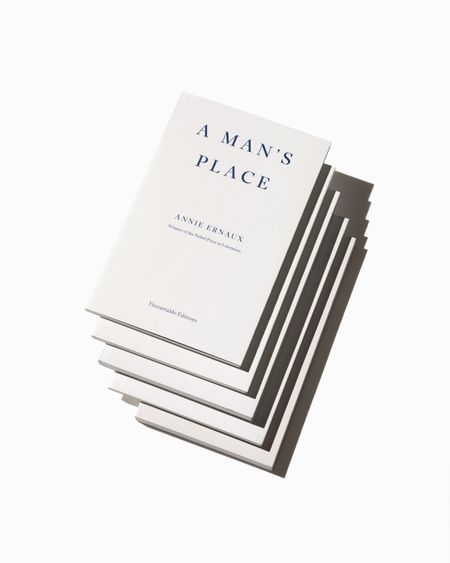Winner of the Nobel Prize in Literature 2022
Getting Lost is the diary kept by Annie Ernaux during the year and a half she had a secret love affair with a younger, married man, an attaché to the Soviet embassy in Paris. Her novel, Simple Passion, was based on this affair, but here her writing is immediate and unfiltered. In these diaries it is 1989 and Annie is divorced with two grown sons, living in the suburbs of Paris and nearing fifty. Her lover escapes the city to see her there and Ernaux seems to survive only in expectation of these encounters. She cannot write, she trudges distractedly through her various other commitments in the world, she awaits his next call; she lives merely to feel desire and for the next rendezvous. When he is gone and the moment of desire has faded, she feels that she is a step closer to death.
Lauded for her spare prose, Ernaux here removes all artifice, her writing pared down to its most naked and vulnerable. Translated brilliantly for the first time by Alison L. Strayer, Getting Lost is a haunting record of a woman in the grips of love, desire and despair.

